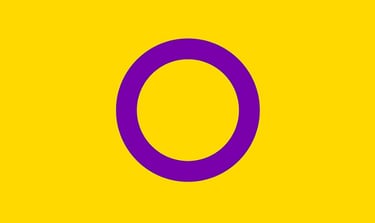Cultural Responsiveness
Cultural safety was identified by many participants as a best-practice approach to addressing race-based barriers and harms experienced in relation to job-seeking, and especially within the workplace. Cultural safety was also offered as a solution to what was described as the ineffectiveness and limits of workplace diversity and inclusion initiatives. Cultural awareness and cultural competence training for staff was recommended as being essential to building a respectful and inclusive workplace. Participants described how culturally safe workplaces provide a foundation for culturally safe service provision and identified community-controlled service provision, trauma-informed and healing approaches to service delivery, anti-racist competencies that underpin service delivery, and accountability mechanisms to protect these principles as strategies to build upon this foundation.
National NAIDOC Week celebrations are held across Australia in the first week of July each year (Sunday to Sunday), to celebrate and recognise the history, culture and achievements of Aboriginal and Torres Strait Islander peoples. NAIDOC Week is an opportunity for all Australians to learn about First Nations cultures and histories and participate in celebrations of the oldest, continuous living cultures on earth.
The dates for NRW remain the same each year; 27 May to 3 June. These dates commemorate two significant milestones in the reconciliation journey— the successful 1967 referendum, and the High Court Mabo decision respectively.
National Reconciliation Week (NRW) is a time for all Australians to learn about our shared histories, cultures, and achievements, and to explore how each of us can contribute to achieving reconciliation in Australia.
ANTAR campaigns nationally on a broad scope of key issues for First Nations people and communities. Our focus has evolved over the years to address critical issues of the time.
Current focus issues include Truth Telling, Cultural Heritage, Justice, Voice, Native Title & Land Rights, Treaty, Closing the Gap, UNDRIP, Racism, and Survival Day.


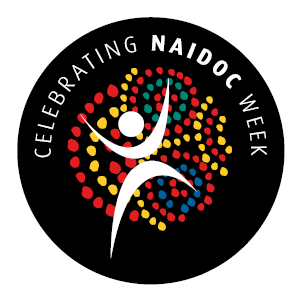

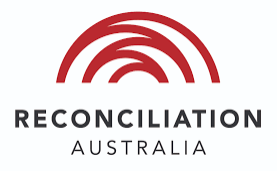

Aboriginal and Torres Strait Islander Peoples
CLINICAL YARNING IS A PATIENT-CENTRED FRAMEWORK TO IMPROVE COMMUNICATION IN ABORIGINAL HEALTH CARE.
THIS WEBSITE CONTAINS INFORMATION AND HAS LINKS TO RESOURCES DEDICATED TO IMPROVING COMMUNICATION BETWEEN HEALTH CARE CLINICIANS AND ABORIGINAL AND TORRES STRAIT ISLANDER PATIENTS USING A CLINICAL YARNING APPROACH.
PLEASE CLICK ON THE LINKS BELOW TO LEARN A BIT MORE ABOUT CLINICAL YARNING, ACCESS THE CLINICAL YARNING ELEARNING PROGRAM, RESOURCES, OR CONTACT US.
The HealthInfoNet caims to enable the collection, synthesis and dissemination of information about Aboriginal and Torres Strait Islander health. The HealthInfoNet provides different types of knowledge exchange products, tools and resources as part of our digital evolution strategy. Our digital evolution strategy recognises that users require access to information in a variety of formats that capitalise on emerging information technologies. The HealthInfoNet is primarily engaged in second and third generation knowledge production. First generation knowledge is essentially ‘hard’ scientific knowledge generally produced in the primary research phase, second generation knowledge involves a process of synthesising available knowledge on a given topic or area to distil the critically relevant information and to make it more comprehensible, while third generation knowledge refers to the knowledge tools or products designed to ensure that ideas and practices are adopted and used
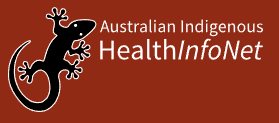

The WA Country Health Service Wheatbelt Aboriginal Health Service understands that for local Aboriginal people, wellbeing is linked to culture and that celebrating and feeling connected to country, culture, family, elders and spirituality is important for holistic health. In 2008 the Wheatbelt Aboriginal Health Service developed the model of resilience, now called Kaarla Mia, which incorporates the warmth and sense of home and togetherness around the campfire where Noongar stories are shared and relationships are strengthened. This film features Wheatbelt elders speaking on their country about the important connection between culture and wellbeing and how the Wheatbelt Aboriginal Health Service understands this and is able to provide a culturally appropriate approach to healthcare.


Ngaluk Waangkiny follows the journey of a courageous group of Aboriginal Elders living on Whadjuk Noongar boodja as they fight for respect, recognition and acknowledgement from the City of Perth. Once banned from the city streets, these Elders now have a seat at the Council table and are making decisions that are quite literally changing the face of Boorloo (Perth).
Co-written and directed by award-winning filmmaker Poppy van Oorde-Grainger and acclaimed Noongar artist Ian Wilkes, this short film is rich with archival vision, personal histories and moments of profound change.
© 2021 Community Arts Network Western Australia Ltd
VIEWER ADVICE: Aboriginal and Torres Strait Islander viewers are advised that the following program contains images and voices of people who have died.
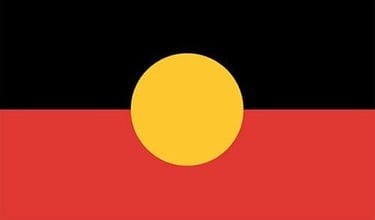
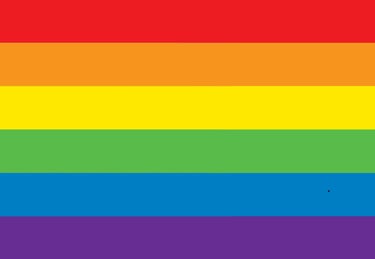
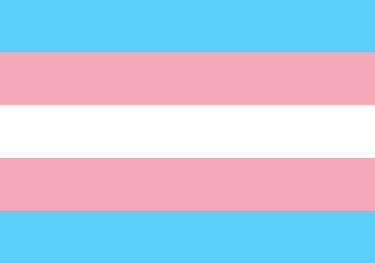
I acknowledge the Whadjuk Noongar people as the traditional custodians of the land and waters where I live and practice on, and respect their continuing language, culture, connection to country, and contribution to the life of our local communities.
I acknowledge and celebrate the diversity that enriches our local communities.
Copyright ©2025
